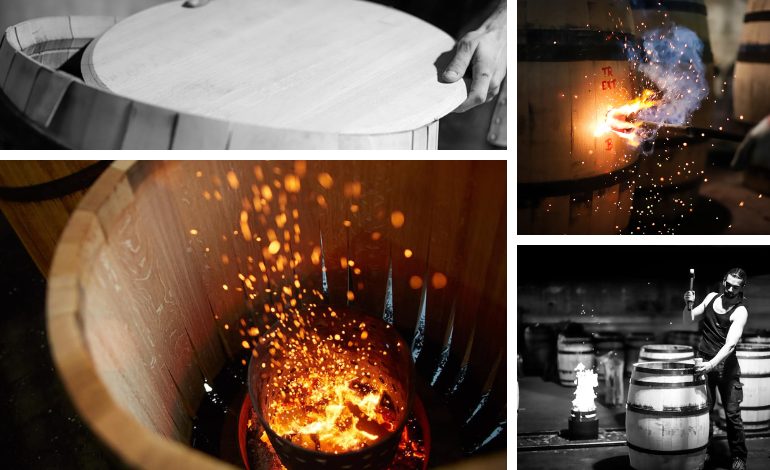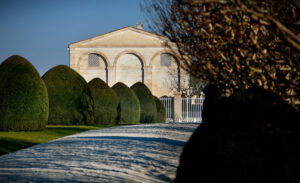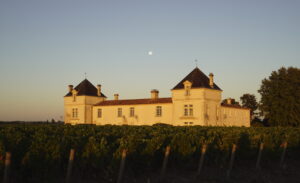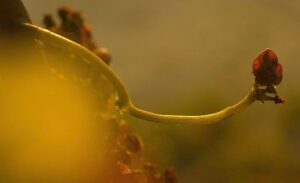Cooperage: “grand cru” craftsmanship
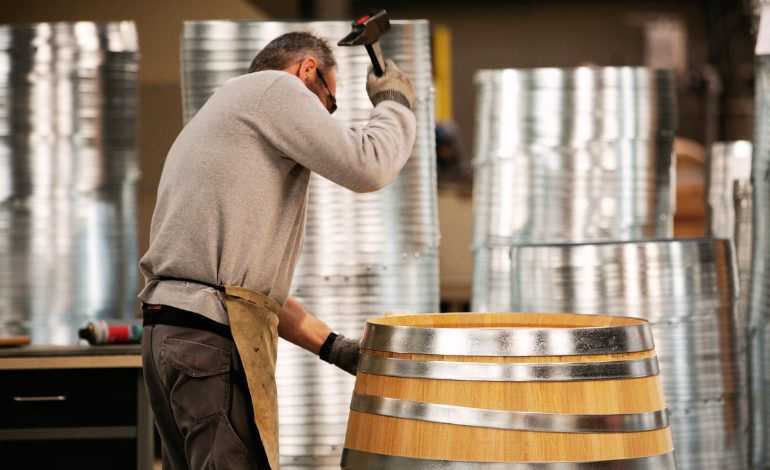

To make a great wine, you need a great barrel. To showcase their expertise, French coopers have produced a superb film which François Witasse, President of the Syndicate of Master Coopers in Southwest France, has kindly taken the time to present to us.
“L’arbre, le tonnelier et le vin, mémoires d’un savoir-faire” (“The tree, the cooper and the wine – expertise and collecting memories”). This is the title of the film available on YouTube, produced by the French Federation of Coopers, which tells of the difficulty and beauty of this profession. It aims to showcase how these craftsmen’s expertise in barrel-making enhances the work of winegrowers. It is also about paying tribute to the industry’s pioneers who set out to conquer the American market with their French expertise in the 1980s. François Witasse, President of the Syndicate of Master Coopers in Southwest France, explains: “before the boom of the Napa Valley, coopers tended to work in their garage.
Sometimes the cooper was also the bad son of the family: the good son got the vines and the bad son got the cooperage. Suddenly, barrel-making became more structured with brands, clients and exports. It was this generation of pioneers which the film wanted to give a voice to. It is a very positive thing to talk about the older generation again, to delve into our roots to find sources of inspiration and resilience for the future.” This heritage comes from family businesses which have prospered, earning the recognition of the entire French industry. Nowadays, 850,000 barrels are produced worldwide each year. Nearly 650,000 of them are manufactured in France.
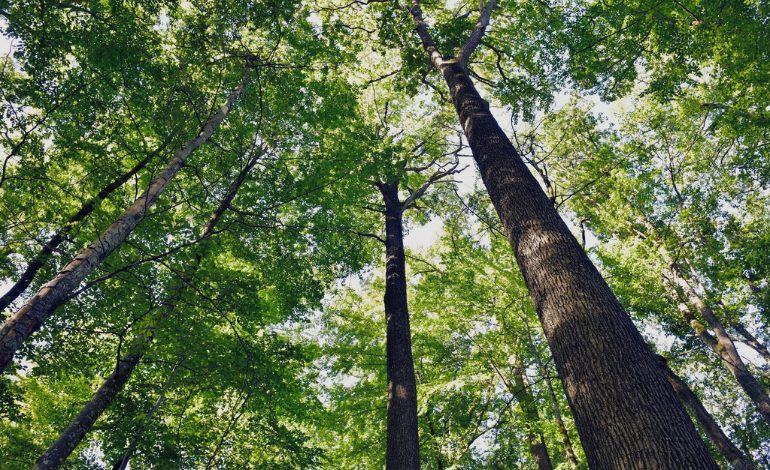
Why is the expertise of French coopers recognised worldwide? François Witasse, who also runs the Demptos cooperage, founded in Saint-Caprais-de-Bordeaux in 1825, tries to shed light on this matter: “French coopers almost exclusively use oak from French trees which are approximately 200 years old and renowned for their porous and fine grain structure. We are lucky enough to have this outstanding raw material combined with ancient traditions, which has established our reputation as a global standard.”
Transforming the oak into a barrel is a crucial step since the barrel has become a valuable winemaking tool over the years. That is why coopers work closely with wine estates to enhance their wines: “We study the grain, the tannins, and the aromatic profile of the oak. The technical aspect of the product has gradually gained prominence.” This high-precision work has remained artisanal despite the arrival of machines to improve quality: “We study the grain, the tannins, and the aromatic profile of the oak. The technical aspect of the product has gradually gained prominence.”
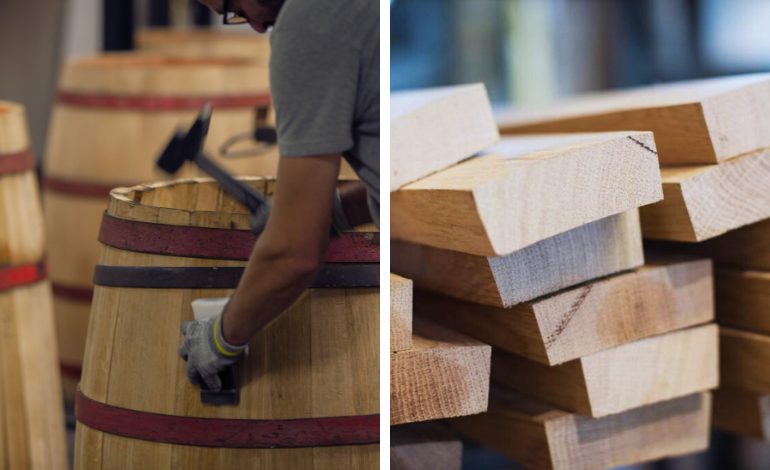
"We can’t make a great wine without a great barrel.”
Entering a cooperage offers a unique sensory experience. Hearing the deafening sound of the heavy hammers on iron strapping and watching the coopers play with fire when they toast the oak, allowing the aromatic compounds of the oak to be revealed, is a near-carnal moment. It is hard not to be convinced that making a great wine requires a great barrel. François Witasse has no doubt about it: “If we consider that the quality of the wine is linked to its density, its complexity, and how it will stand the test of time and oxygen, we can’t make a great wine without a great barrel.”
